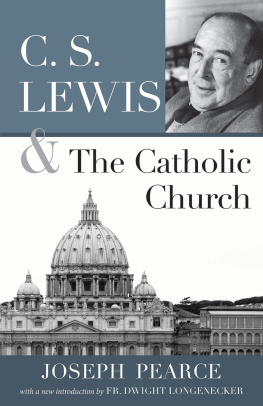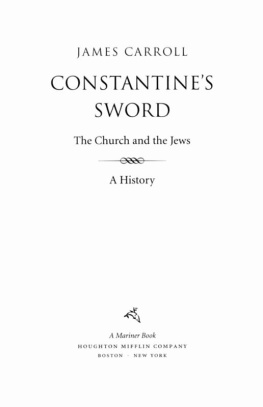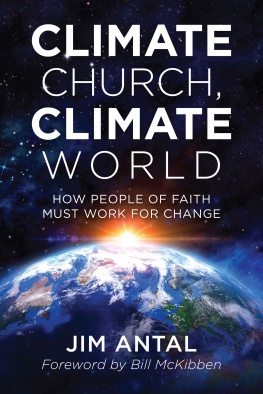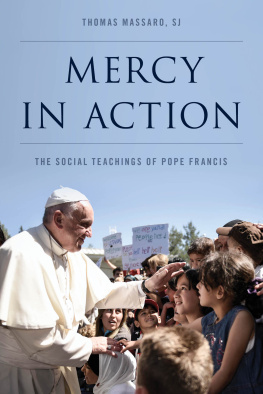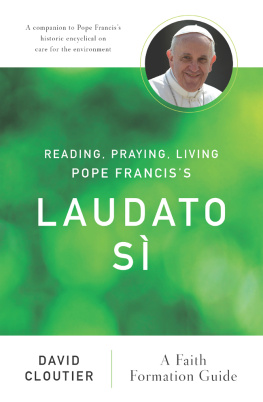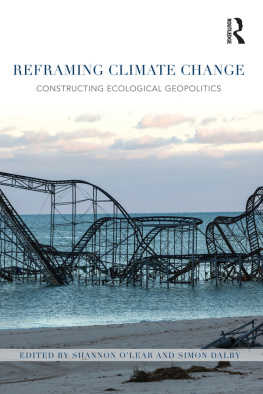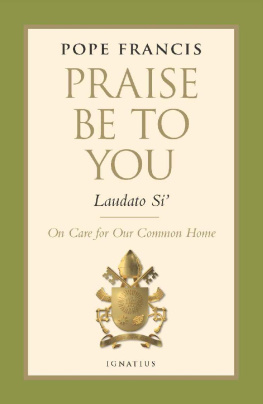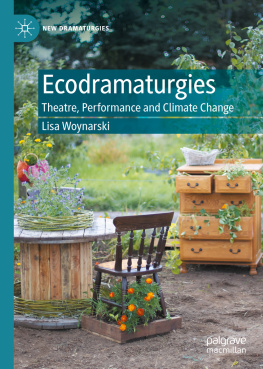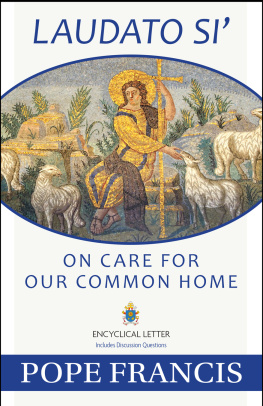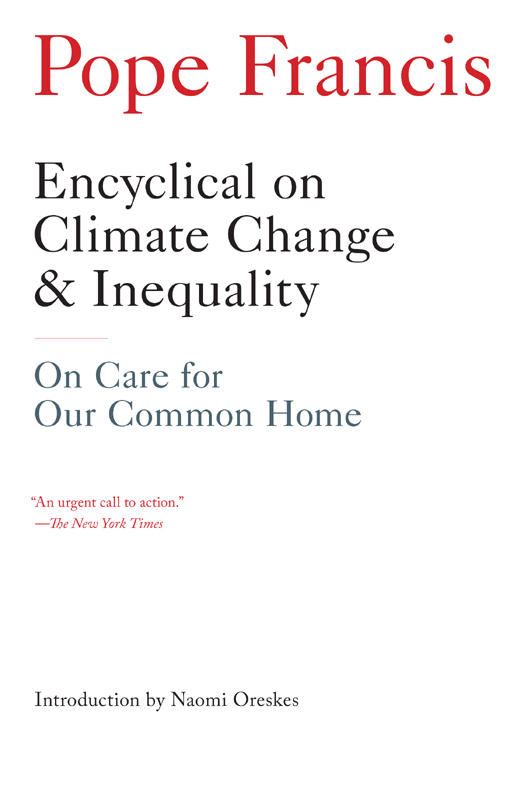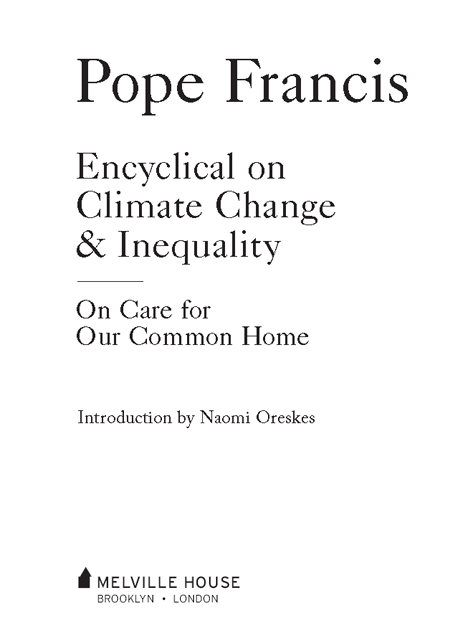Encyclical
on Climate Change
& Inequality
Copyright 2015 by Libreria Editrice Vaticana
This edition copyright 2015 by Melville House Publishing LLC
First Melville House Printing: July 2015
Melville House Publishing
46 John Street
Brooklyn, NY 11201
and
8 Blackstock Mews
Islington
London N4 2BT
mhpbooks.com facebook.com/mhpbooks @melvillehouse
e-book ISBN: 978-1-61219-529-2
v3.1_r1
Contents
Introduction
by Naomi Oreskes
Historians looking back often recognize turning points, but ordinary people living through them rarely do. Sometimes, however, a book catalyzes thought into action. Uncle Toms Cabin did this, and so did Silent Spring: they called attention to facts that had long been known but upon which people had failed to act. Like those works, Pope Franciss Encyclical is a call to action that insists we embrace the moral dimensions of problems that have heretofore been viewed primarily as scientific, technological, and economic.
While it has been billed as an encyclical on the environment, the letter covers virtually every important topic in contemporary life. Climate change, deforestation, and the need for clean, safe drinking water are, of course, included here, as is population (and abortion), but also various problems of science and technologyincluding public transportation, urban planning and architecture, social media, genetic modification of crops, embryonic stem cell researchand law, economy, and governanceincluding the problems of deregulated markets, corruption, and weak governance.
Two lines of thought particularly stand out. The first is an affirmation of our interconnectedness and mutual responsibility toward one another, as well as toward our common Earthly home. The second is a denunciation of the aspects of modern life that have led to our current predicament. The essence of the critique is that our situation is not an accidentit is the consequence of the way we think and act: we deny the moral dimensions of our decisions and conflate progress with activity. We cannot continue to think and act this wayto disregard both nature and justiceand expect to flourish. It is not only not moral, it is not even rational.
INTERCONNECTEDNESS AND THE COMMON GOOD
The wide-ranging character of the encyclical is consistent with its central, anti-reductionist argument, which is, quite simply, that everyone and everything is related because it is all part of Creation. In this, Pope Francis finds the fundamental basis for human dignity and for our obligation to care for one another, the planet, and the diverse creatures on it.
The early portion of the encyclical is heavy with biblical reference, reminding us that the idea of interconnectedness is not new and, perhaps, not discretionary. St. Francis, the twelfth-century founder of the Franciscan order, patron saint of animals and the environment, and, of course, the popes namesake, was renowned for his reverence for nature. Whenever he would gaze at the sun, the moon or the smallest of animals, he [would] burst into song, drawing all other creatures into his praise. He communed with all creation [and] felt called to care for all that exists.
Nor was Francis idiosyncratic. The Psalms frequently exhort us, Pope Francis reminds us, to praise God the Creator, who spread out the earth on the waters (Ps 136:6). Leviticus not only instructs us regarding the familiar weekly Sabbath, on whichlike the Lordwe should rest, but also the seven-year sabbatical for the land when sowing was forbidden and one reaped only what was necessary to live on and to feed ones household (Lev 25:14), as well as the Jubilee, celebrated after seven weeks of years (i.e., seven x seven, or forty-nine, years) as a year of general forgiveness and liberty throughout the land for all its inhabitants. These various instructions all remind us to respect the rhythms inscribed in nature by the hand of the Creator.
While the pope is critical of instrumentalism (more on that later) and underscores the need for openness to categories which transcend the language of mathematics and biology, and take us to the heart of what it is to be human, he also invokes a theme that has been common in the history of science: that nature is a magnificent book in which God speaks to us and grants us a glimpse of his infinite beauty and goodness. Through the greatness and the beauty of creatures one comes to know by analogy their maker (Wis 13:5); indeed, his eternal power and divinity have been made known through his works since the creation of the world (Rom 1:20). In the eighteenth and nineteenth centuries, it was a commonplace among naturalists that scientific investigations were a means to come closer to Godto know him through his work as well as his word. As Handel put it in his famous oratorio, The heavens are telling the glory of god, the wonder of his work displays the firmament.
The core of the argument is that because human dignity finds its roots in our common Creation, caring for our fellow citizen and caring for our environment are the same thing. It is not a question of people versus the environment and choosing which is more important. It is a question of abandoning the notion of versus altogether. Respect for creation and respect for human dignity are two aspects of the same idea.
Pope Francis unreservedly rejects the claim that man has the right to use nature as he wills because of the biblical instruction to have dominion over nature. He characterizes this as an inadequate presentation of Christian anthropology [that] gave rise to a wrong understanding of the relationship between human beings and the world. He continues: Often, what was handed on was a Promethean vision of mastery over the world, which gave the impression that the protection of nature was something that only the faint-hearted cared about. Instead, our dominion over the universe should be understood more properly in the sense of responsible stewardship.
The pope unequivocally rejects the accusation that Western theology sanctionsand therefore is to blame forenvironmental despoliation. Because this view is so widespreadboth among Christians (who use it as justification for putting people first or caring about people more) and by non-Christians (in a critique of such attitudes)the popes rebuttal is worth citing at length:
We are not God. The earth was here before us and it has been given to us. This allows us to respond to the charge that Judaeo-Christian thinking, on the basis of the Genesis account which grants man dominion over the earth (cf. Gen 1:28), has encouraged the unbridled exploitation of nature by painting him as domineering and destructive by nature. This is not a correct interpretation of the Bible as understood by the Church. Although it is true that we Christians have at times incorrectly interpreted the Scriptures, nowadays we must forcefully reject the notion that our being created in Gods image and given dominion over the earth justifies absolute domination over other creatures. The biblical texts tell us to till and keep the garden of the world (cf. Gen 2:15). Tilling refers to cultivating, ploughing or working, while keeping means caring, protecting, overseeing and preserving. This implies a relationship of mutual responsibility between human beings and nature. Each community can take from the bounty of the earth whatever it needs for subsistence, but it also has the duty to protect the earth and to ensure its fruitfulness for coming generations.


